Resilience and Innovation: Sharlit Deyzac and Amy Clare Tasker on Voila! Europe 2020 theatre festival
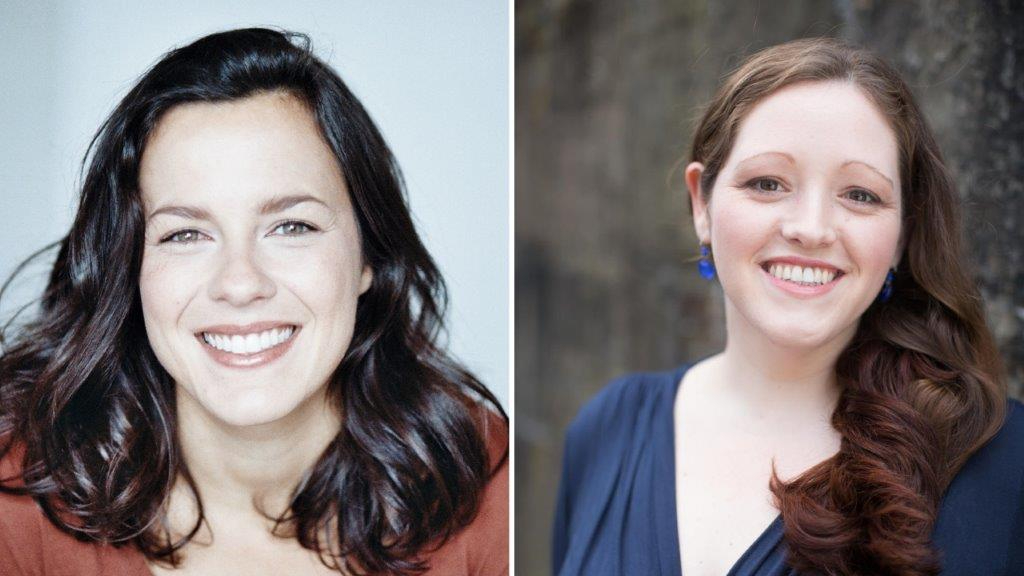
Voila! Europe is London’s landmark theatre festival of multi-lingual, multi-cultural and multi-disciplinary work by European companies based both in London and across the continent. The Upcoming caught up with festival directors Sharlit Deyzac and Amy Clare Tasker, with contributions from director of the Cockpit Theatre, Dave Wybrow, who maintains a strong partnership with the festival. A second lockdown means socially distanced stage shows are no longer possible, but Voila! Europe persevere, returning for an eighth year with an adaptable and varied programme of online performances for viewers to enjoy from home.
Congratulations on putting together a fantastic programme, despite the turbulent circumstances! How have you found the process of developing this newly formatted festival?
2020 has been full of challenges, surprises and opportunities. When the UK first entered lockdown in March we were accepting applications for this year’s festival, and we were able to talk to companies about adapting their shows for online formats, while also planning some socially-distanced performances on stage at The Cockpit. Now, following the announcement of a second lockdown in England, the companies who were planning to present their shows in the venue are adapting again, either to film and broadcast their shows as watch party and discussion events, or to perform them on Zoom in our online interactive programme.
Voila! has really benefited from the lessons of The Cockpit’s other programmes earlier this year, for example Jazz in the Round, which took place online early in lockdown, and then later with socially-distanced audiences and live-streaming from the theatre.
Though it hasn’t been easy, we’ve been so inspired by the resilience and creativity of artists. Independent theatre is full of companies that keep going, despite the odds, finding innovative ways to overcome obstacles. We’re proud to be able to support them in adapting to the pandemic, and to offer audiences a new version of the festival this year, which they can experience from home – whether in the UK or beyond.
Why do you think the element of a shared experience in real time is so important for theatre in general?
Right now, theatre is in the process of redefining what “live” means. We’ve been in the habit of saying “live theatre” to refer to performances that take place in person, but what we’re seeing now is “live theatre” taking place online in real time. The element that makes it “live” is not actually the shared space, but the shared time.
When we were programming the festival we realised that liveness was the most important element, exactly because of that shared experience and the sense of community that builds between audience members watching the performance together. In online interactive shows audience members can affect the performance, and that live interplay can be just as thrilling online as it is in a traditional theatre space.
For example, Karavan Ensemble and Silvia Murcuriali are creating a new piece that invites the audience into a surreal game of Bingo, a “ridiculously serious” framing of human rights as a game of chance. Then there’s Paper Smokers’ new version of Diary of an Expat:Reloaded for Zoom after being developed at a Voila! residency in 2017, with a lighthearted but pointed quiz for audience members based on the Life in the UK test.
It’s great to see plans in the works for Voila! Europe Wien. What other steps are you taking to ensure the strongest connections are maintained with European theatre post-Brexit?
Those international connections are so important to us, and our artistic relationships will still be strong post-Brexit. Thanks to our ongoing partnerships with cultural attachés in London, like the Hungarian Cultural Centre, Italian Cultural Institute, and Czech Cultural Centre, we’ve been able to connect with artists in those countries, support productions coming from abroad and visit theatre festivals outside of the UK.
This year is our second collaboration with the Hungarian Cultural Centre; they are supporting Budapest’s K2 Theater to create a film version of their show Farewell Concert, in time for the festival. The show is a testament to how ahead of the times artists often are: K2 made the show with actors in hazmat suits and using oxygen tanks to sing Mozart’s Requiem in response to the climate crisis – but those images take on new meanings during a pandemic. We got chills when we first saw the production shots, because it seemed so prescient.
We’re really excited to be making plans for Voila! in Vienna next year, with our partners Andrija Repec and Petra Freimund. Vienna has a very different theatrical landscape, so we’re learning a lot about how to adapt the festival to a new context. Hopefully this will be just the beginning of extending the festival across Europe – Sharlit is opening a residency space in Portugal soon, and we hope to create opportunities for artists to develop shows there for the Voila! programme.
The silver lining of pandemic-proofing our festival this year means that even when Brexit makes it more difficult to cross national borders, we’ll have a strong model for digital collaborations. Online theatre gives us even more possibilities to work with European artists outside of the EU, which we couldn’t do before due to visa restrictions.
How important would you say European work is to theatre identity in London?
London’s theatre culture is part of the rich tapestry we call “European theatre,” just as Berlin’s and Paris’s theatre cultures are. In the UK, we sometimes talk about “European” as if it’s separate from us, and that’s one of the reasons why Voila! exists: to say that we are part of European theatre, and it is part of us. There are very visible European influences in London, for example Ivo van Hove directing at the Young Vic, and there are very many European artists based in London (and the UK more broadly) whose work is vital to the theatre culture here.
What do you hope audiences will be able to take forward with them from these performances, given that this will be the last Voila! Europe festival before some inevitable shifts in our cultural society?
We always try to create a fun and welcoming festival vibe at Voila!, giving audiences the opportunity to encounter different cultural backgrounds, languages and accents. The buzz of The Cockpit’s foyer before a show is really electric. We’re asking ourselves this year, “How do we create that sense of togetherness online?” It’s a huge opportunity because it means we can bring together audiences from anywhere in the world, not just London. We hope people will take forward a feeling of openness and curiosity for other cultures, and be inspired to seek out more opportunities to connect across borders.
Voila! Europe has proved to be the ideal platform for displaying the many ways artists have adapted and evolved in response to recent events. What differences are you seeing in submissions and the way artists are approaching their work?
The response from artists has been really remarkable. Online theatre has the same breadth of possibilities as site-specific theatre in that you can create many different types of performances with the tools of Zoom and other technologies – even email. Trojana: Webcamming Chronicles is a perfect example of that ingenuity – Defiant Reality Theatre’s “investigation-creation” consists of nine daily emails with a task to complete, and then a live Zoom encounter on the tenth day. So now we’re able to program work at Voila! that we might not have recognised as “performance” this time last year.
What do you think has needed to change about theatre to ensure the same impact is made on its viewers at home?
New technologies offer an opportunity to think more deeply about the audience relationship and how the format of the show affects the way people engage with it. Shows in all kinds of formats can have a profound impact on their audiences, and the impact will be different depending on the show and the technologies used. We can interpret “technologies” to cover immersive performance, forum theatre and shadow puppetry – not just digital technologies.
Some artists have concluded that their show would lose too much of its essence if it were removed from the traditional theatre space. There are several projects from the submissions in March that we hope to be able to program next year on-stage and in-person. There are some things that only live-in-person theatre can do – and some things that only digital theatre can do.
As every year, a wide range of topics is addressed in this year’s festival. What do you personally look for in artists and their work when selecting submissions?
Voila! Europe is always an eclectic mix of ideas, and that’s because we look for multilingual, multidisciplinary, multicultural shows. We aim to program a combination of UK-based European artists, alongside companies visiting from abroad, in order to create a community for exchanging ideas and hopefully plant the seeds for future collaborations.
We don’t prescribe a theme for the festival, instead finding trends in the submissions to tell us what topics are most urgent year by year. Independent theatre is full of “emerging” artists and companies, and the work has a sense of “emergency”: it has to be made now, not two or three years down the line, after the company has jumped through all the hoops of funders and big institutions. We love to work with artists who are fired up about their project and can benefit from having the platform to make it happen.
What advice would you give to ambitious artists and producers in the theatre industry during this difficult time?
First, it’s okay if you’re not feeling ambitious right now. Just keeping your head up during these times is enough. But for those who are ready to make some theatre: get ready to be flexible so you can adapt to ever-changing circumstances, curious so you can find new ways of doing things, and resourceful so you can come up with solutions to new challenges. Make partnerships with other artists and producers, and support each other. And definitely don’t discount digital theatre.
Finally, what are you most excited about for Voila! Europe and its future?
Now that we’ve developed a digital side to the festival, we will always have online shows at Voila. That means we’ll always be able to include artists and audiences despite geographical or political barriers. Finding an online audience in other parts of Europe will hopefully lead us to more on-stage events in different places, starting with Vienna. We can’t wait to see who turns up to be part of the Voila community.
Georgia Howlett
Photos: Voila! Europe
Voila! Europe is on from 9th until 21st November 2020, for further information or to book tickets visit here.


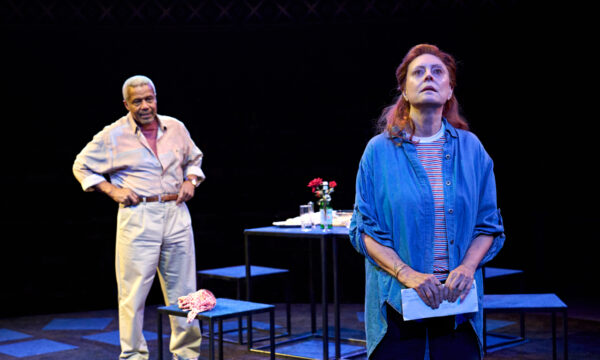
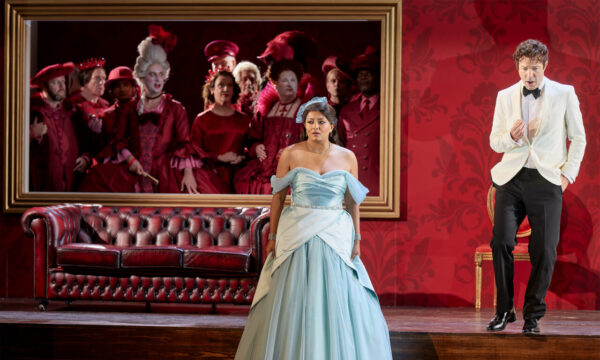
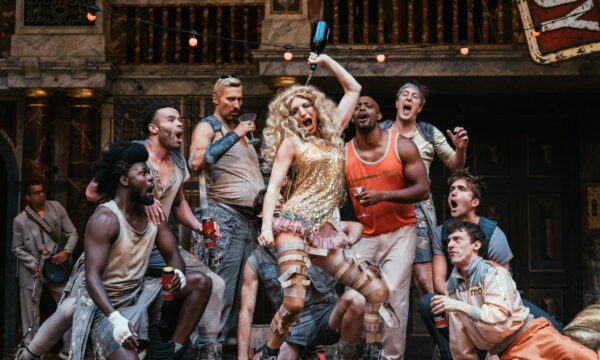
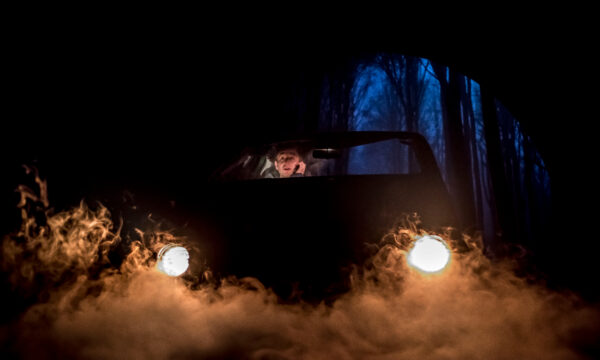
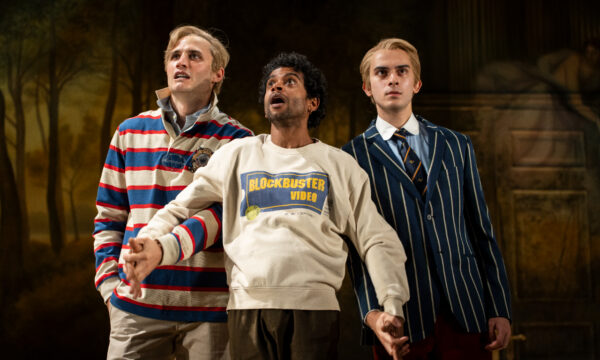
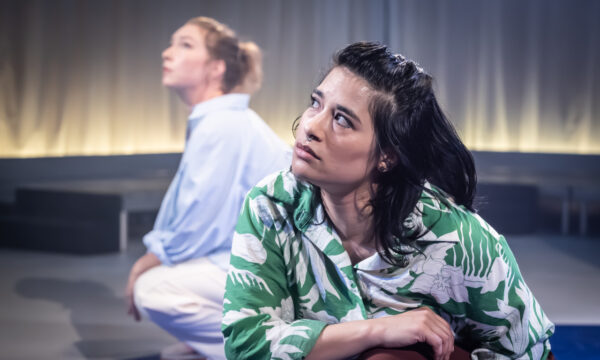
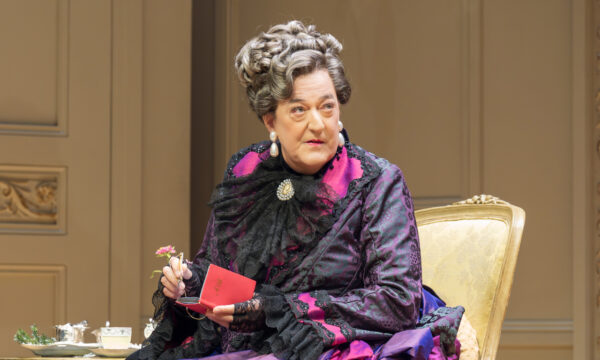
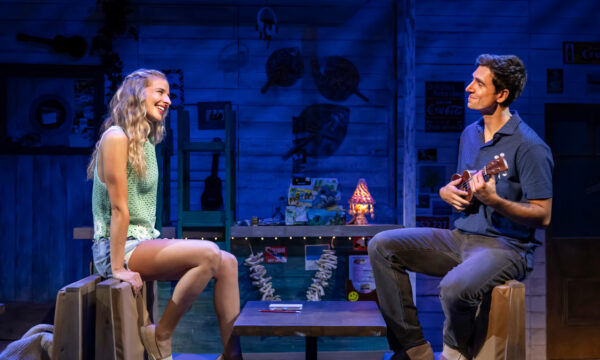
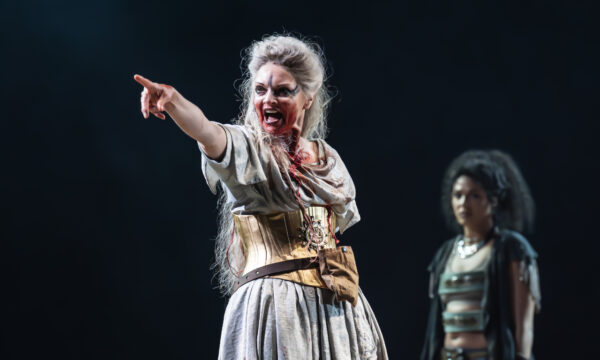
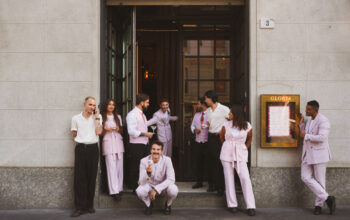
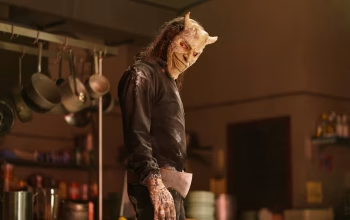
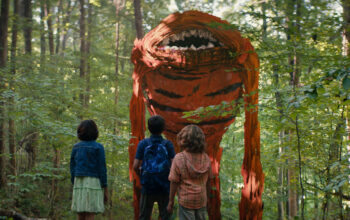



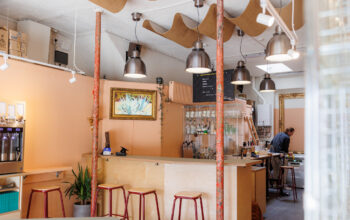



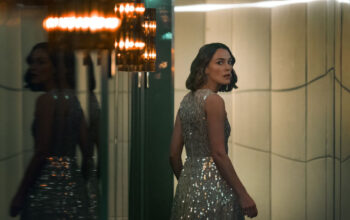
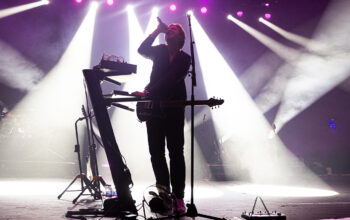
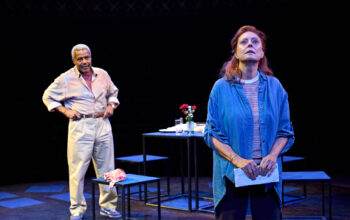
Facebook
Twitter
Instagram
YouTube
RSS